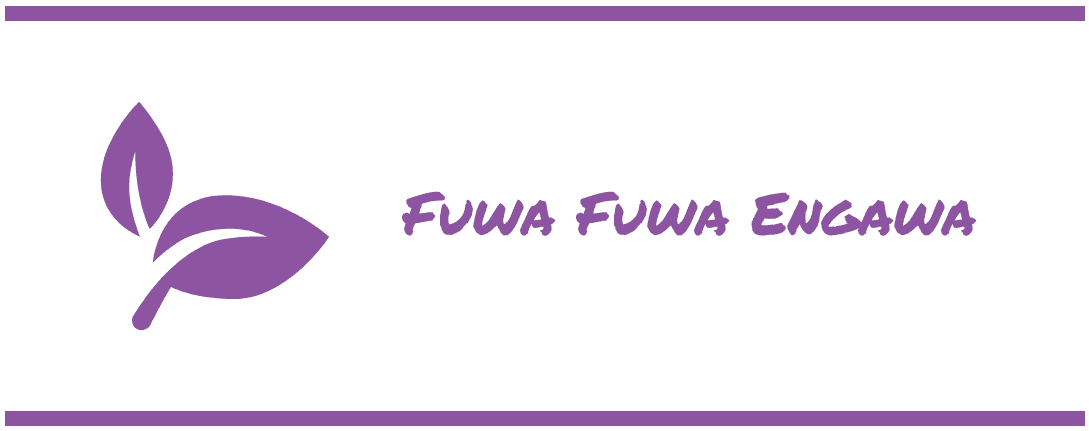SAN here!
Have you ever wished you could go back to your younger self and save him or her years of frustration with your sage advice? I sure do! It’s been about 15 years since I started my Japanese language journey and I often look back on how my old self did things.
You heard that right, 15 years…I’m no spring chicken anymore. Just your everyday cat.
There are three pieces of advice I would give my kitten self.
Do NOT spend time memorizing the On- and Kun-Yomi readings for each kanji
Back in the day, I remember wanting to start reading kanji as soon as possible. I found a list of all the standard kanji used in everyday life and one by one started memorizing the possible ways to read each one. Don’t do this! It’s an inefficient way to learn kanji.
Don’t memorize the readings like this…
手
て、しゅ
顔
かお、がん
Just memorize sets of kanji as actual words and build your vocabulary instead!
手:て・hand
手術:しゅじゅつ・surgery
手がかり:てがかり・clue
手紙:てがみ・letter
顔:かお・face
洗顔:せんがん・washing your face
顔色:かおいろ・the color of your face (as in pale or healthy)
Focus on memorizing the kanji as words instead. As you learn more and more words, you’ll automatically start to soak up all the possible pronunciations for each kanji. More importantly, you’ll be able to read right away.
If you don’t know how to say it, you don’t know how to say it
I think it was Tae Kim’s guide that had this sliver of advice written in it somewhere. My old self was furious when she read this. She fervently believed that as long as you memorized all the grammar in a language, you could say anything you wanted perfectly.
This was my mode of thinking because I wanted to learn Japanese fast and the thought of it taking years and years was just too much of a downer. Funny enough, it actually would’ve taken a lot less longer if I had just accepted this advice.
There’s no replacement for language input. Reading and listening to Japanese is essential. More often than not, it’s not about having a deep understanding of anything; it’s about training your brain to get used to a pattern. The only way to truly do this is to consume a lot of Japanese material.
Why in Japanese do we not have a word for hungry? Why do we have to say “my stomach is empty”? It’s awkward! Well, in English it is…In Japanese, that’s the natural way to say it. There’s no understanding involved here. You just have to get used to it until it becomes second nature. It’s like muscle memory.
I was too focused on wondering why and dissecting complicated grammar when I should’ve just accepted it for what it was and moved on. Don’t misunderstand; there is certainly a time for deep analysis, but that is when you are already at an advanced level (that is, you can think and speak in Japanese without relying on English).
This is the most difficult thing in the world to accept when you’re confused and just want answers. So go ahead and find out how phrase 1 is different from phrase 2; just don’t dwell on it too much! Believe me, you’ll truly know how they’re different only after you’ve heard both used a billion times.
When you’re still learning, it’s tempting to use the languages you know as reference. I mean, what else can you do? But we must always be aware that, as similar languages are to each other, in the end each one plays by its own rules. Japanese is no exception!
Example:
English: You make me happy.
Direct translation (unnatural): あなたは私を幸せにしてくれる。
Natural Japanese: あなたといると、幸せ。
Translated into English: When I am with you, I am happy.
This is an everyday, natural phrase in English. Even if you had all the Japanese grammar knowledge in the world, you would not be able to say this phrase naturally. It would end up as that above direct translation. For a natural translation, you’d have to know that in Japanese, you normally just don’t use the causative with emotions. Instead of things making you feel a certain way, emotion comes about as a consequence of something else. Japanese and English play by different rules!
Of course, sometimes the rules are the same or very similar. But the point is to never assume.
Pitch accent is important if you want to sound like a native
For years I had neglected to learn the pitch accent for words because everyone and their mother said that it wasn’t important, that you’d get by just fine without it. It’s true that you’ll be understood without it. But to say that it’s unimportant?
If you want to sound like a native, it is one of the most important things you can learn.
I know, you already have grammar, vocabulary, kanji, and a thousand other things on your plate. But this is not a topic in and of itself; it’s a part of vocabulary, which you are already taking the time to learn. You store the pronunciation of the word in your brain either way. Instead of storing your guess, why not store the correct pronunciation?
Imagine that someone studying English guessed at the pronunciation every time they learned a new word. You’d still be able to understand them, I’m sure, but they wouldn’t sound good.
Unless you are a language genius, pitch accent will not be picked up naturally. You have to give it attention to get it right.
More about pitch accent here.
Summary
There you have it!
- Don’t memorize kanji readings individually in a vacuum. You’ll pick these up naturally through learning words.
- Language is more about getting used to patterns and phrases rather than deep understanding.
- Pitch accent is important if you want to sound like a native.








